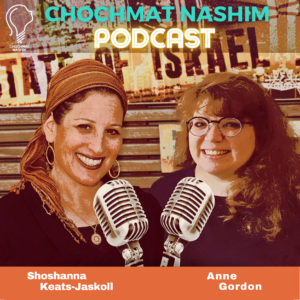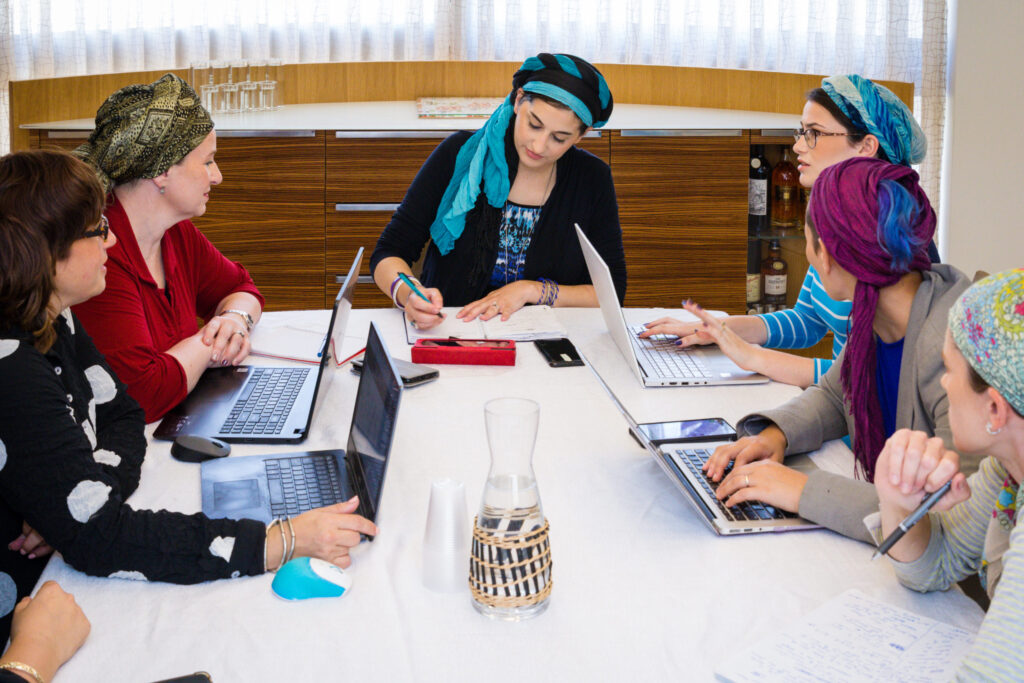
A 48-year-old woman goes to see a breast surgeon. She has four lumps in her breasts, a large ulcerated mass and cancer that has spread to her lymph nodes. She says she had not come in earlier because it didn’t seem so important.
A 36-year-old woman sees her dermatologist for an irritated nipple. The doctor palpates a tumor the size of a golf ball and immediately sends her to a breast surgeon. The patient returns to the dermatologist a month later for the same condition. The doctor, shocked to see that she has not had surgery, asks if she had seen the surgeon. The woman says she was concerned about the level of kashrut at the hospital to which she was sent and, upon her rabbi’s advice, was waiting to have surgery at another hospital with stricter kashrut. She dies not long after.
A mother of seven is fully aware that she has a gene that makes it very likely she will contract the cancer that killed her mother and sister. She knows that if she has her breasts and reproductive organs removed, it could save her life. But she refuses. Not because she wants more children, not because she is afraid of surgery, but because she is afraid that if the neighbors find out, it will ruin her daughters’ chances for a shidduch (match). After failing to convince her that she could have the surgery with no one knowing, her doctor puts her in touch with a woman who has had the surgery and reconstruction undetected by her community. She finally agrees.
These stories seem very hard to believe. But imagine that you had heard almost nothing about breast cancer, that it was something not spoken about.
Imagine that you did not know the statistics and had never seen the pink ribbons, heard the calls for self-examinations or witnessed the marathons to raise money for a cure.
Would you know that cancer was lethal? Would you know that early detection was key to survival? Would you understand that talking about it could literally save lives? And even if you did know, suppose you also knew that if anyone was aware you were ill, your daughters’ chances for a good marriage could be significantly lowered (a terrible fate in your community)? Three major studies in the past decade have revealed that haredi women have fewer incidences of breast cancer, but that more of them die from the disease than women in the general population.
Read more in the Jerusalem Post
Shoshanna Keats Jaskoll



©2024 All rights reserved
